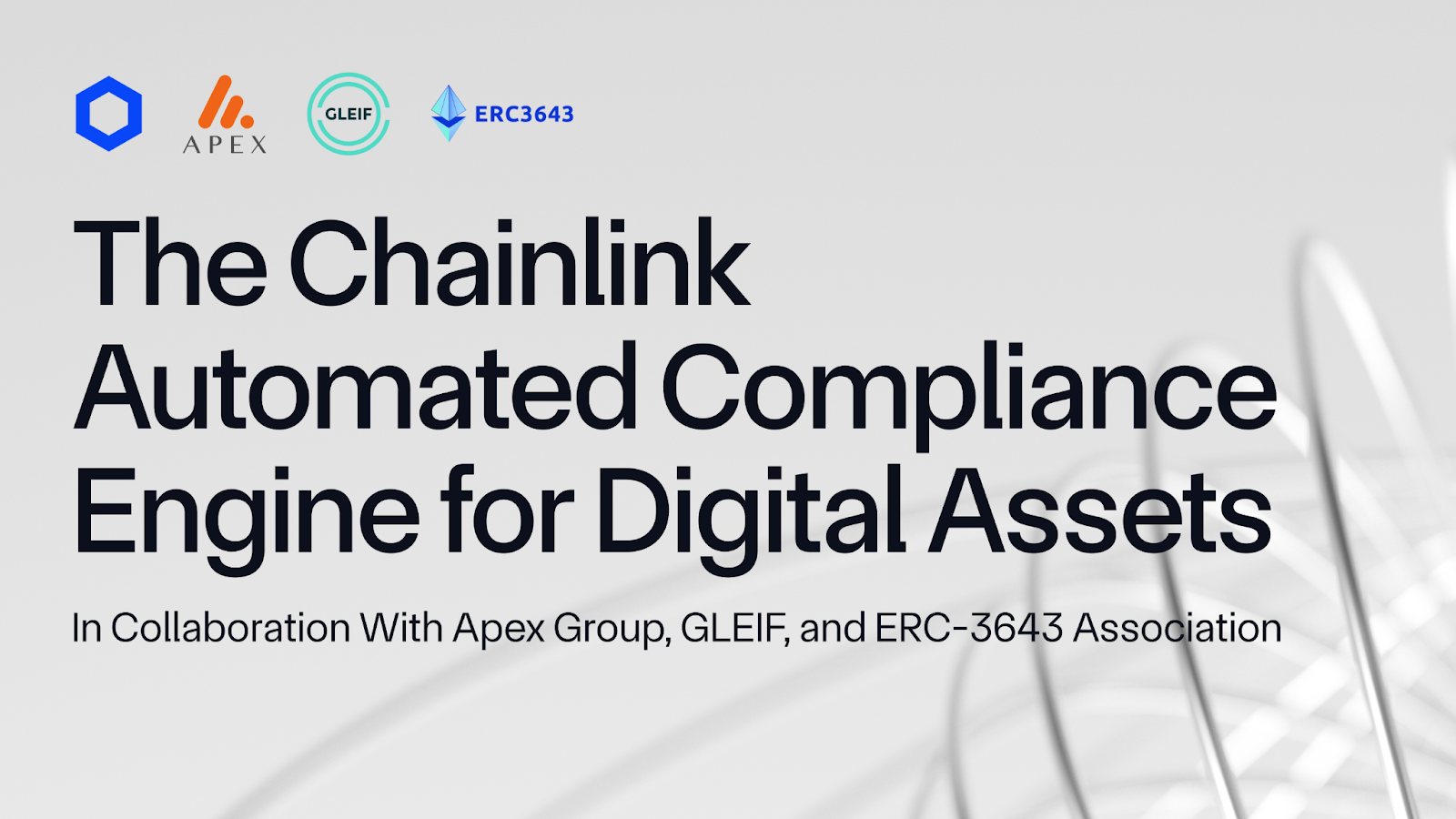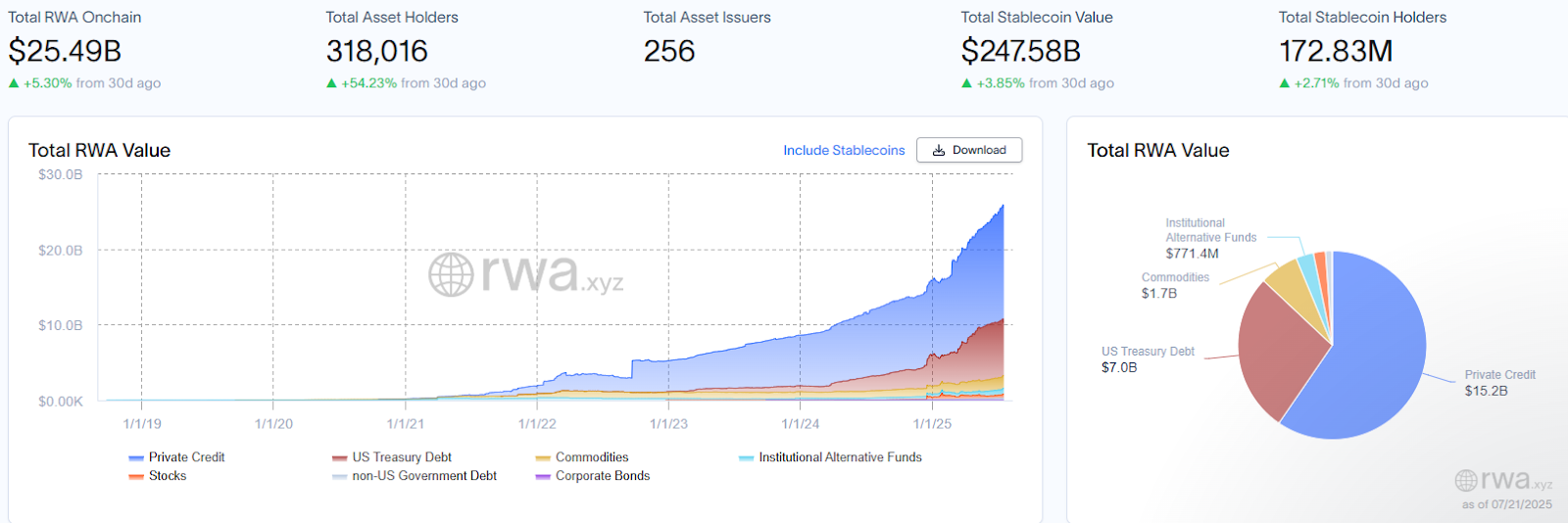
Chainlink Tackles TradFi Inefficiency with Automated Compliance Engine
The traditional financial sector, or TradFi, is often bogged down by cumbersome and expensive compliance procedures. These processes, vital for regulatory adherence, frequently involve complex manual efforts that lead to significant costs for financial institutions. Chainlink, a leading oracle provider, is stepping in to address this inefficiency with its recently launched Automated Compliance Engine (ACE). This innovative system seeks to streamline compliance, potentially revolutionizing how institutions interact with both traditional and decentralized finance (DeFi) markets.
The High Cost of Compliance in Traditional Finance
Compliance costs in TradFi are substantial, often reaching into the billions of dollars annually. The expense stems from the complexity of tasks like identity verification, anti-money laundering (AML) checks, and Know Your Customer (KYC) procedures. Chainlink co-founder Sergey Nazarov, speaking at the RWA Summit 2025, highlighted the disparity, stating that blockchain-based solutions could offer a tenfold improvement in both speed and cost compared to traditional methods. This presents a compelling incentive for institutions seeking to optimize their operations.
ACE: A Modular Solution for a Complex Problem
Chainlink‘s ACE offers a modular and standardized framework designed to simplify regulatory compliance across both traditional and decentralized financial protocols. Currently in early access for select institutions, ACE aims to unlock a staggering $100 trillion worth of new capital for the blockchain economy, according to Chainlink. This could significantly accelerate the adoption of digital assets by institutional investors. The potential impact on the Real-World Asset (RWA) market is particularly noteworthy. By reducing the friction and cost associated with compliance, ACE can pave the way for broader RWA adoption, making investments in traditional assets like equities and commodities more accessible and cost-effective through tokenization.

Unlocking the Potential of Real-World Assets
The advantages of blockchain technology extend beyond cost savings. Tokenization of RWAs can lead to greater liquidity, fractional ownership, and improved transparency. If compliance processes in the blockchain format are 5 to 10 times cheaper, as Nazarov suggests, institutions will have a significant edge. The development of compliant tokenized assets could open new avenues for institutional investment and facilitate the flow of capital into the blockchain ecosystem. Onchain RWAs are already experiencing significant growth, with a cumulative all-time high of over $25.4 billion across more than 318,000 total asset holders, excluding stablecoins, according to data from RWA.xyz. This demonstrates the growing demand for tokenized assets and highlights the importance of solutions like ACE.

The Future of Finance is Compliant and Efficient
Chainlink‘s ACE is a key development in making the compliance process easier and more efficient for institutions. By automating and streamlining these crucial processes, Chainlink is removing major barriers to entry for institutional investors, potentially changing the landscape of TradFi and DeFi forever. This could lead to significant growth in the RWA space, and ultimately create a more accessible and efficient financial system for everyone.


